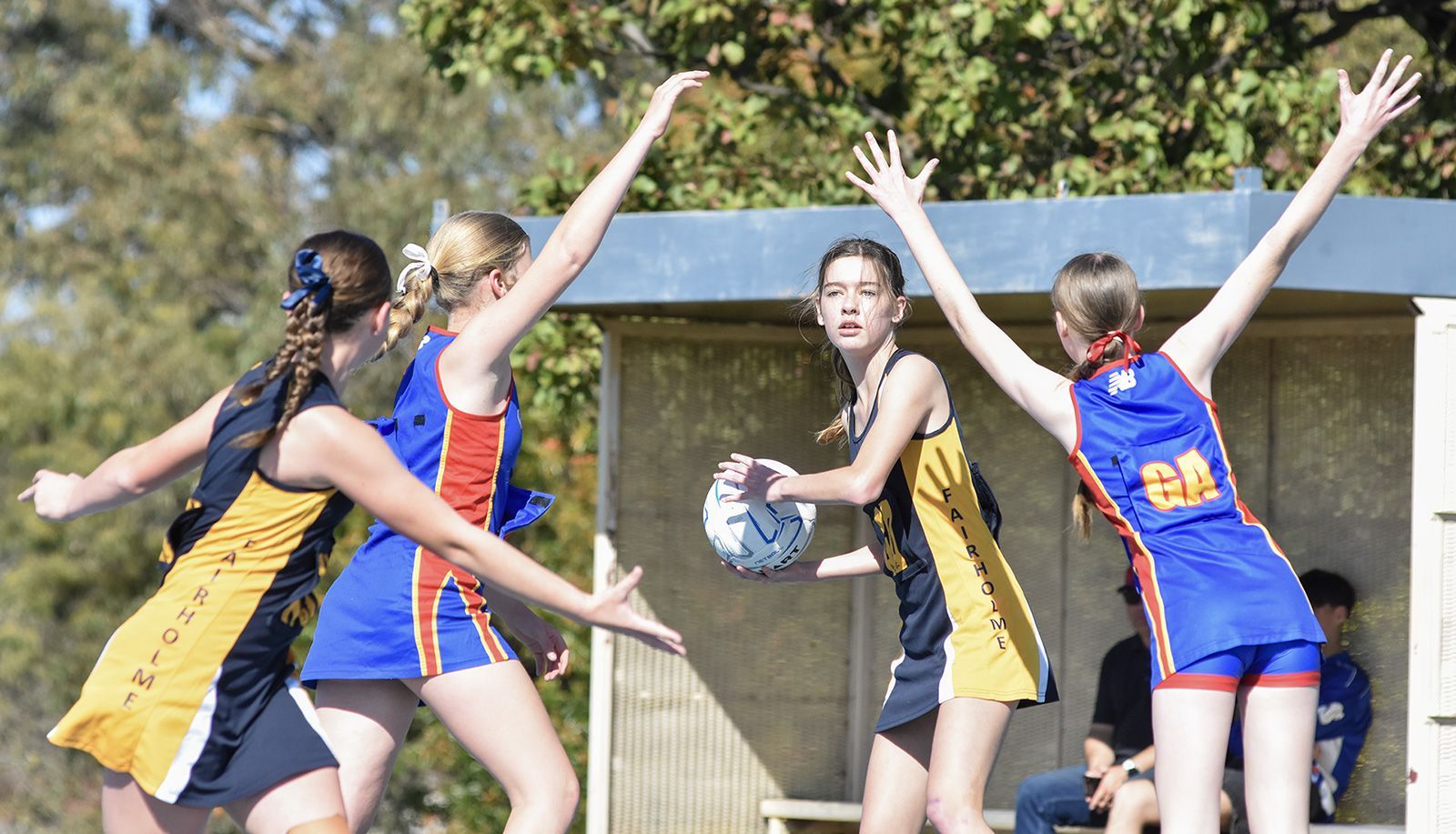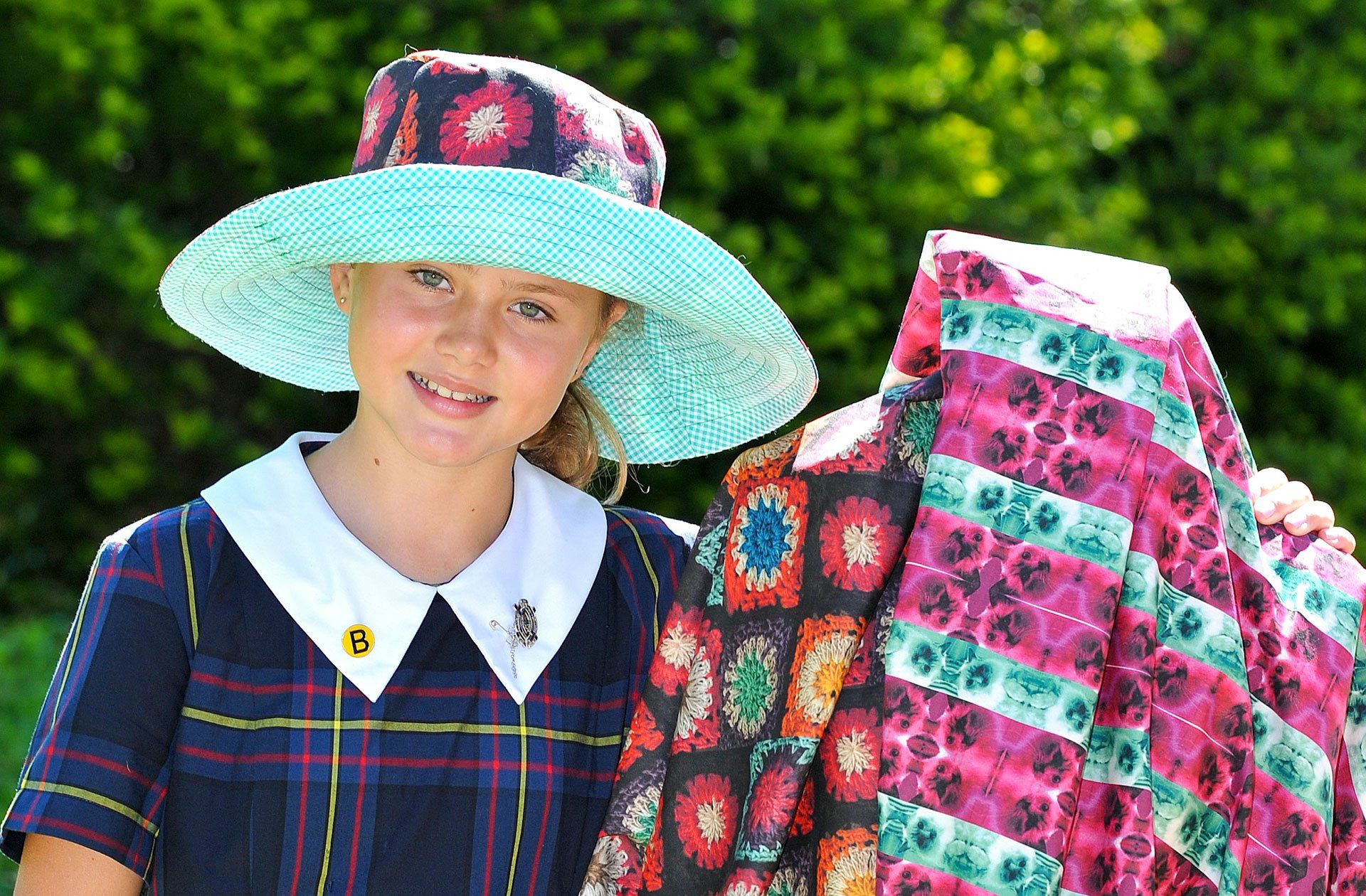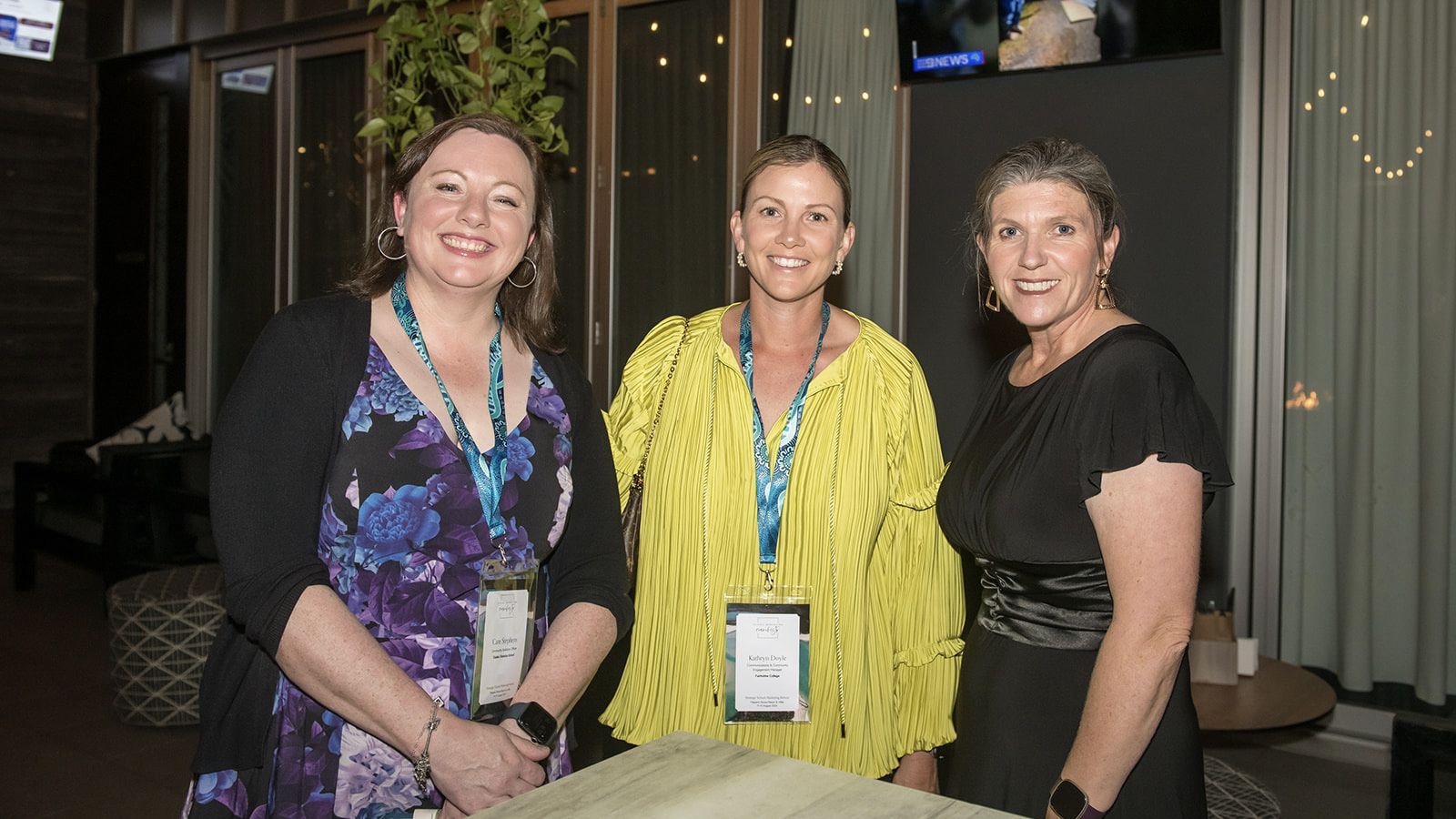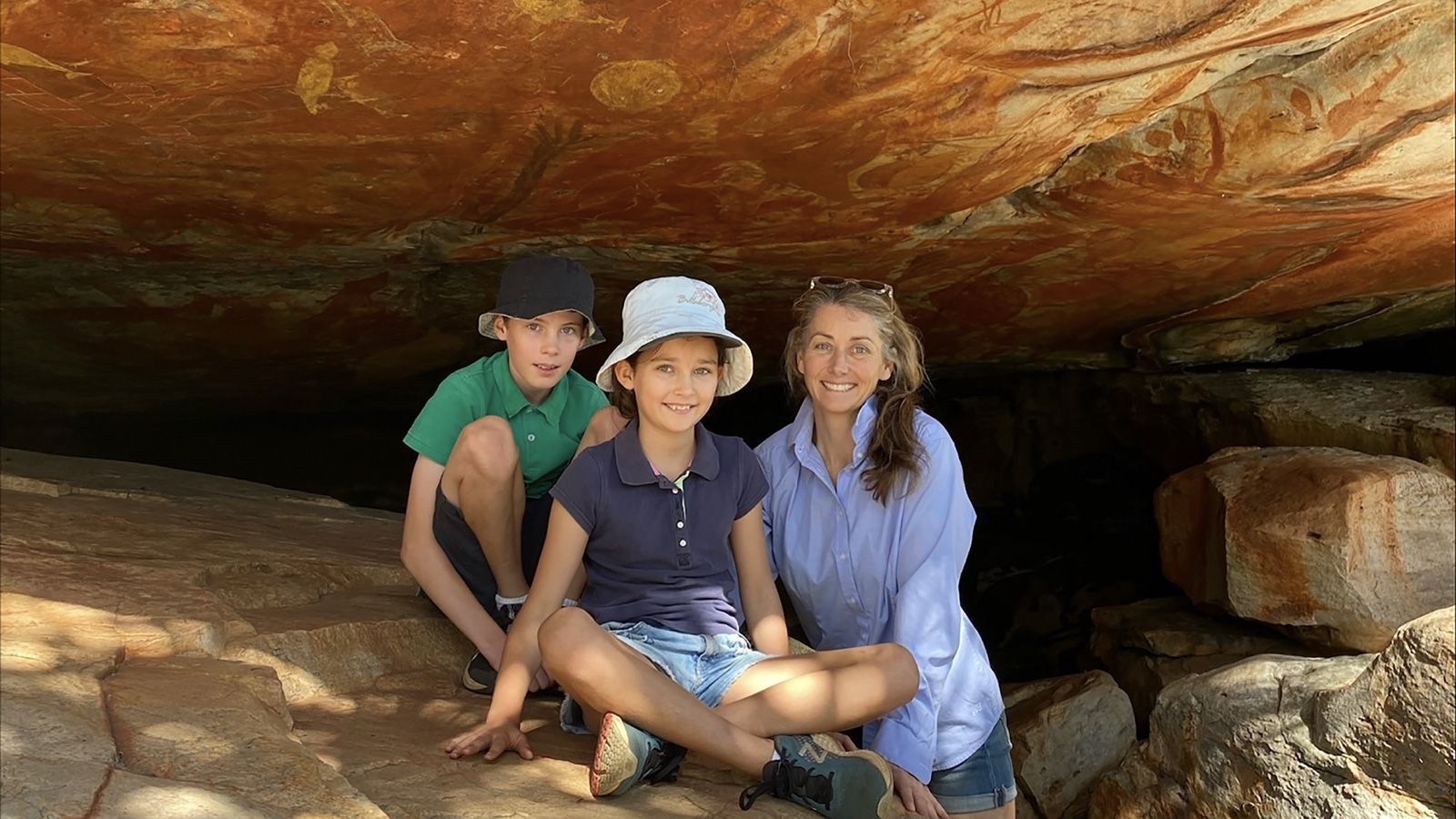Sewing the way to Sustainable Fashion
The clothing industry is the second-largest global polluter after oil, and its complex production techniques and supply chains create myriad environmental issues.
Â鶹ÊÓƵCollege has recognised that the need for change is urgent and our College is playing a key role in championing new attitudes towards clothing through its Design and Technologies subject.
Co-ordinator of Design and Technologies, Mrs Mandi Meise, explains the aim is to equip students with important skills as the fashion industry progresses with more sustainable practices.
‘Science has proven that if we spend a small amount on something, the likelihood of us throwing it away is ten times more, which is resulting in three quarters of products going into landfill and that is a problem,’ Mrs Meise contends.
For the first time, Â鶹ÊÓƵstudents in Years 8 and 9 will have the opportunity to design and create their very own fabric, then to use that fabric in making a bespoke item.
Teacher of Design and Technologies, Ms Rebecca Scott, states the students' fabrics will not exist anywhere else in the world.
‘The fabric is an eco-drill; a percentage is recycled fabric and being printed in Australia has the added benefit of reducing carbon miles.’
In order to foreground sustainability, the students are encouraged to get creative with waste and reduce what’s left on the cutting room floor.
Ms Scott proposes, ‘Can the students make a scrunchie or a bag out of the leftovers? These are the types of waste ideas we want the girls to be conscious of.’
Mrs Meise further elaborates, ‘It’s about the girls being creative; it’s not necessarily about the finished product, in terms of making a hat or shorts; it’s about designing and considering those design principles and elements - looking at colour, texture, shape, line and repetition - because those principles can be used in any discipline, whether the students are moving to architecture or engineering or interior designing.’
Design and Technologies has been an important part of the curriculum at Â鶹ÊÓƵCollege for many years. It has produced some of Australia’s most celebrated fashion designers, including Georgina Pola, Edwina Robertson (AJE) and Edwina Robertson (Field).
‘Our expectations at Â鶹ÊÓƵare very high; we push the girls to not only design, but to think about the functionality, aesthetic appeal and the fundamentals of design. I’m positive we’ll see more of our students go on to have successful careers in the fashion industry,’ Mrs Meise suggested.
To try Design and Technologies firsthand at Fairholme, come along and ‘Be a Â鶹ÊÓƵGirl for a Day’ on 17 March. Please register College Tours ›
More News

More News…







